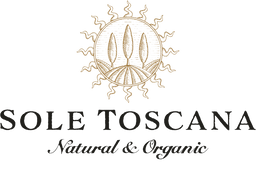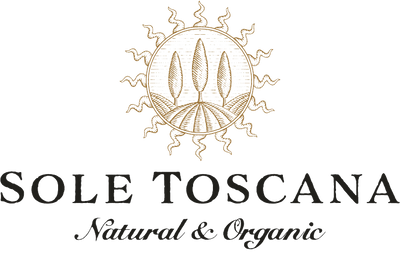You may have joined the healthy lifestyle bandwagon. You only choose stuff from the natural aisles, you go for those labeled "organic", and everything in your shopping cart has products plastered with images of farms, fresh vegetables, and natural colors.
However, if you don't see the health benefits promised by the products, you might be a victim of greenwashing.
What is greenwashing?
Greenwashing is the latest trick in the food and beauty industries. They fool consumers through creative branding into believing they are choosing healthier options. Phrases like all-natural, organic, pure, or sustainably produced, coupled with visuals associated with health and nature, create an illusion of products being more environmentally friendly than they are.
DOES THIS SCENE SOUND FAMILIAR?
For example, the Frito-Lay chip uses greenwashing in its Natural Lay's Potato Chips. Unlike their Classic Lays Potato Chips, the "natural" variety gives the appearance of being healthier.
They used earth tones on the environmentally-friendly looking packaging and emphasized the word natural on the label. However, the only difference between the two varieties is that the natural chips use a different type of salt and oil. The number of calories and grams of fat are the same.
IS THIS LEGAL?
Unfortunately, yes. The burden is placed on the consumer to stay informed about what they're buying.
How to identify greenwashing
1. Pay more attention to the label instead of the packaging
Since there are no regulations on what images a company can use on their packaging, a brand can have the image of a farmer holding fresh vegetables on a bag of fried potatoes, for example.

BEWARE OF BRANDING
Companies also use earth tones (greens, browns, and blues) to imply that their products are all-natural. This is in response to consumers moving towards healthier choices.
Therefore, the only way to tell if a particular food is healthy is to READ THE LABEL.
2. Look for the seals.
Products that are genuinely healthier options will display their certifications openly. Some trustworthy seals to look for as you shop:
- U.S. Department of Agriculture (USDA) organic certification: The USDA certification regulations govern how products are made from growth to manufacturing.
- Green Seal: This is an eco-friendly non-profit that develops standards for companies to comply with to be certified as environmentally friendly.
- Non-GMO Project Verified: This isn't yet the official certification for identifying non-GMO products, but it's the leading verification at the moment. It's a difficult seal to attain since it requires ZERO GMOs in all the ingredients and processes.
AND BE CAUTIOUS, AS WELL…
The Tested Green seal isn't reliable. A few years back, the U.S. Federal Trade Commission revealed that companies were buying the Tested Green label for $200 to $500.
3. Don't trust the slogans.
A company cannot claim to be "all-natural" if it includes chemicals in its products. Since the FDA doesn't regulate how companies use the term "all-natural," there are no official rules around the slogan.
Sometimes, companies use ingredients with compounds derived from plants- but mix them with synthetic ingredients. To be sure that a product is all-natural, check the ingredients and research on anything you're don't know.
4. Know what being green means.
Certifications and labels can refer to many different aspects of a product. For example, does the term sustainably produced mean a commitment to eco-friendly packaging, sustainable farming practices, or efficient manufacturing?
IN CONCLUSION- DO YOUR RESEARCH
We must do our research and learn the values of the brands we support. Always ask questions about the food you consume to avoid being duped by greenwashing.
With love,
The Sole Toscana Beauty Team


